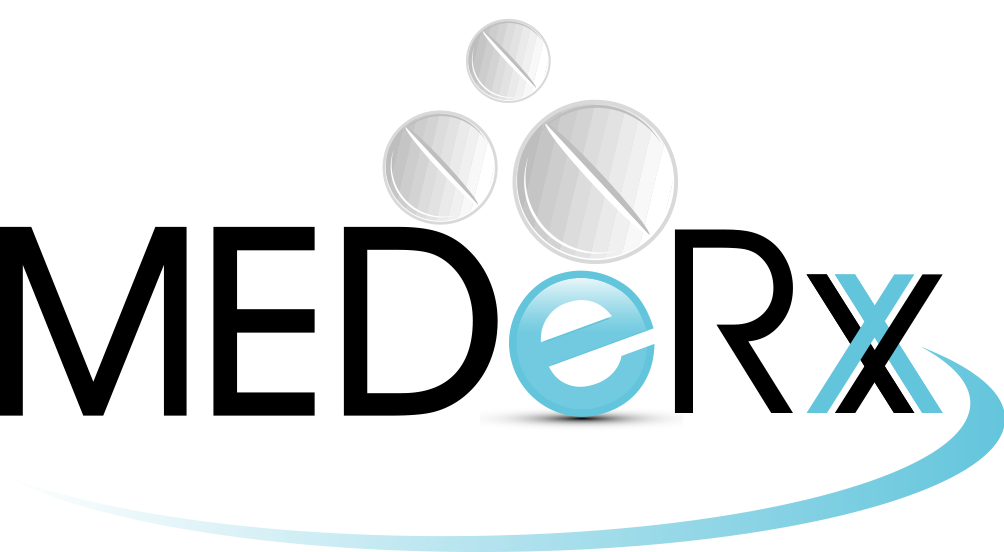As the landscape of weight loss clinics continues to evolve, so does the need for responsible prescribing practices. Prescription Drug Monitoring Programs (PDMPs) play a crucial role in promoting safe medication use and preventing prescription drug abuse. For weight loss clinics, integrating PDMPs into their operations can enhance patient safety, support compliance with regulations, and ultimately lead to better outcomes.
Understanding Prescription Drug Monitoring Programs
PDMPs are state-run electronic databases that track prescriptions for controlled substances. Their primary purpose is to monitor the prescribing and dispensing of these medications, helping to identify potential misuse or abuse. PDMPs provide healthcare providers with valuable information about patients’ prescription histories, enabling them to make informed decisions regarding treatment options.
1. Enhancing Patient Safety
One of the most significant benefits of PDMPs is their ability to enhance patient safety. Weight loss clinics often prescribe medications, such as appetite suppressants or other controlled substances, as part of their treatment plans. By consulting the PDMP, providers can:
- Identify Potential Drug Interactions: Checking a patient’s prescription history allows providers to identify any potential interactions with medications prescribed by other healthcare professionals.
- Monitor for Misuse: PDMPs help detect patterns of prescription misuse, such as patients obtaining multiple prescriptions from different providers, which can indicate substance abuse.
2. Supporting Informed Decision-Making
Access to a patient’s complete medication history equips weight loss clinic providers to make more informed prescribing decisions. This includes understanding:
- Previous Treatments: Knowing what medications a patient has tried in the past and their outcomes can guide providers in selecting the most effective and safe options moving forward.
- History of Controlled Substance Use: By reviewing the PDMP, providers can identify if a patient has a history of controlled substance abuse, allowing for more cautious prescribing practices.
3. Compliance with Regulations
Many states require healthcare providers to check the PDMP before prescribing controlled substances. By adhering to these regulations, weight loss clinics can avoid legal repercussions and demonstrate their commitment to ethical practice. Compliance with PDMP requirements can also enhance the clinic’s reputation and build trust with patients.
4. Preventing Prescription Drug Abuse
Weight loss clinics must be vigilant in preventing prescription drug abuse. PDMPs provide a powerful tool in this effort by:
- Deterring Abuse: The knowledge that providers are monitoring prescriptions can deter patients from attempting to manipulate or misuse medications.
- Educating Patients: Providers can use data from PDMPs to educate patients about the risks associated with certain medications, fostering a culture of responsible use.
5. Improving Interdisciplinary Communication
PDMPs facilitate better communication between weight loss clinics and other healthcare providers. When clinics check a patient’s prescription history, they can:
- Coordinate Care: By understanding what medications patients are taking, weight loss clinic providers can collaborate more effectively with other specialists involved in the patient’s care.
- Share Insights: Clinics can provide feedback to primary care physicians and other providers about the patient’s progress, enhancing the overall quality of care.
6. Enhancing Treatment Outcomes
Ultimately, the integration of PDMPs can lead to improved treatment outcomes for patients at weight loss clinics. With access to comprehensive prescription histories, providers can:
- Tailor Treatment Plans: Better-informed decisions lead to more personalized treatment strategies that align with patients’ needs and histories.
- Increase Adherence: By fostering trust and open communication, patients are more likely to adhere to treatment plans, resulting in more successful weight loss outcomes.
Conclusion
Prescription Drug Monitoring Programs are invaluable tools for weight loss clinics, promoting safe prescribing practices and improving patient care. By utilizing these programs, clinics can enhance patient safety, ensure compliance with regulations, and contribute to the prevention of prescription drug abuse. In an industry where patient outcomes are paramount, the integration of PDMPs represents a proactive step towards responsible and effective weight management. More clinics are choosing MEDeRx as their point of care dispensing platform for it’s ease of use and automated, electronic PDMP reporting capabilities. Save time and ensure compliance every step of the way, Learn More.













